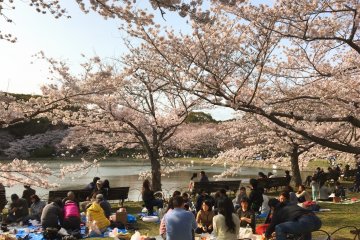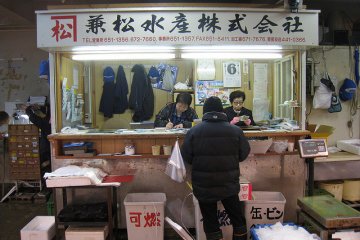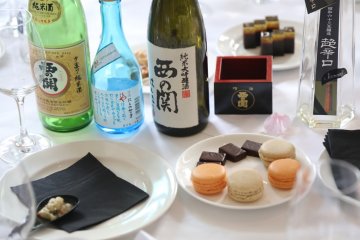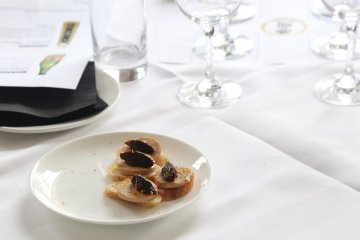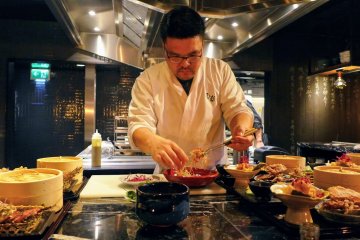Sake, perhaps more than many alcohols, is made to match with food.
Why is this the case? The answer lies in Japan’s vastly differing geography and climate. Japan is an archipelago of over 3000 islands stretching from north to south, spanning two tectonic plates, divided by a central mountain range, while also belonging to the monsoon region. Therefore, the climate of each region within Japan is startling unique. The climate in turn impacts agriculture and fishing and therefore the food that is eaten in each place. Seaside towns like Akashi are renowned countrywide for their octopus and sea bream, while nearby Kobe is famous for its beef. In order to match the local cuisine, sake breweries from region to region have always produced sake of different tastes to best suit what is locally eaten.

As the appeal of sake increases globally, people are discovering that sake is not limited to Japanese or even Asian cuisine. Sake can also be very complementary to Western, European and fusion cuisines. In Japanese it is said that :
Nihonshu wa ryori wo erabanai
Sake does not fight with food
So here are five rules of thumb to help you pick a tasty sake for your next meal, whatever cuisine it may be!

Five tips for matching sake to food
- Salty food e.g. cheese, cold meats - can be paired with most sake as the food enhances the flavour of sake
- Sugary food e.g. ice cream, desserts - should be paired with sake with at least as much sugar
- Food that is high in acidity e.g. pickles - should be paired with sake that is of a similar acidity, or the sake will taste flat
- Spicy food e.g. Indian curries - should be paired with sweeter sake, lower in alcohol
- Intensely flavoured food e.g. Thai curries, Hungarian ghoulash - should be matched with sake that is bold enough to stand up to the strong flavours




